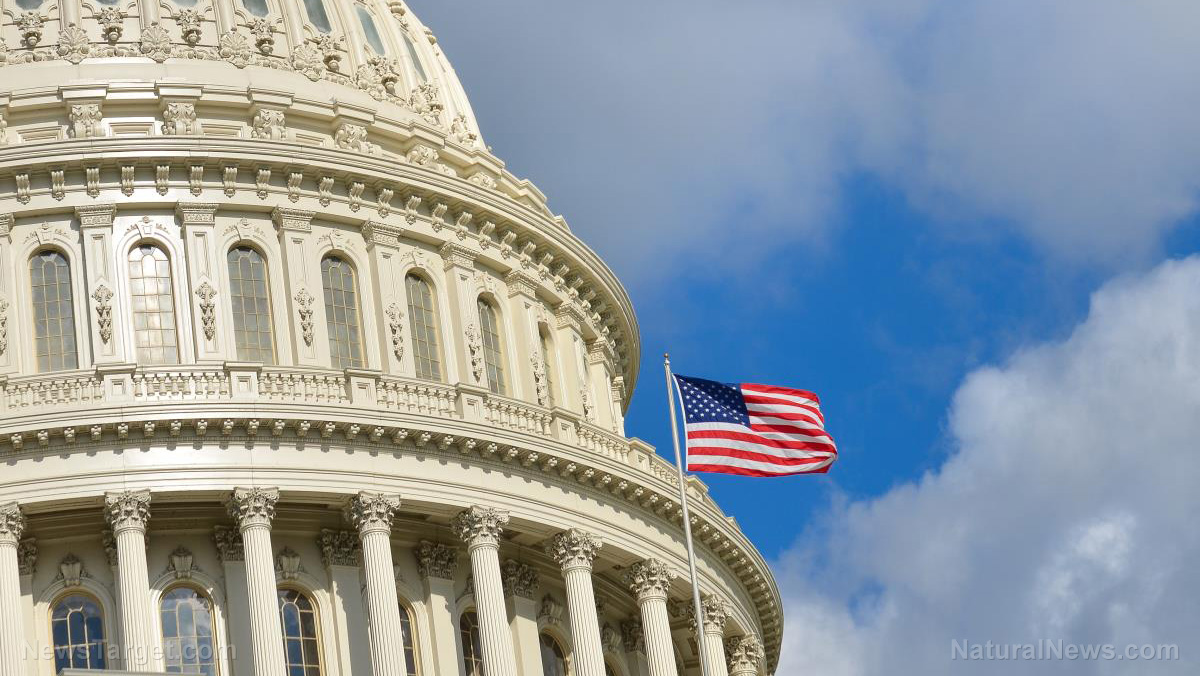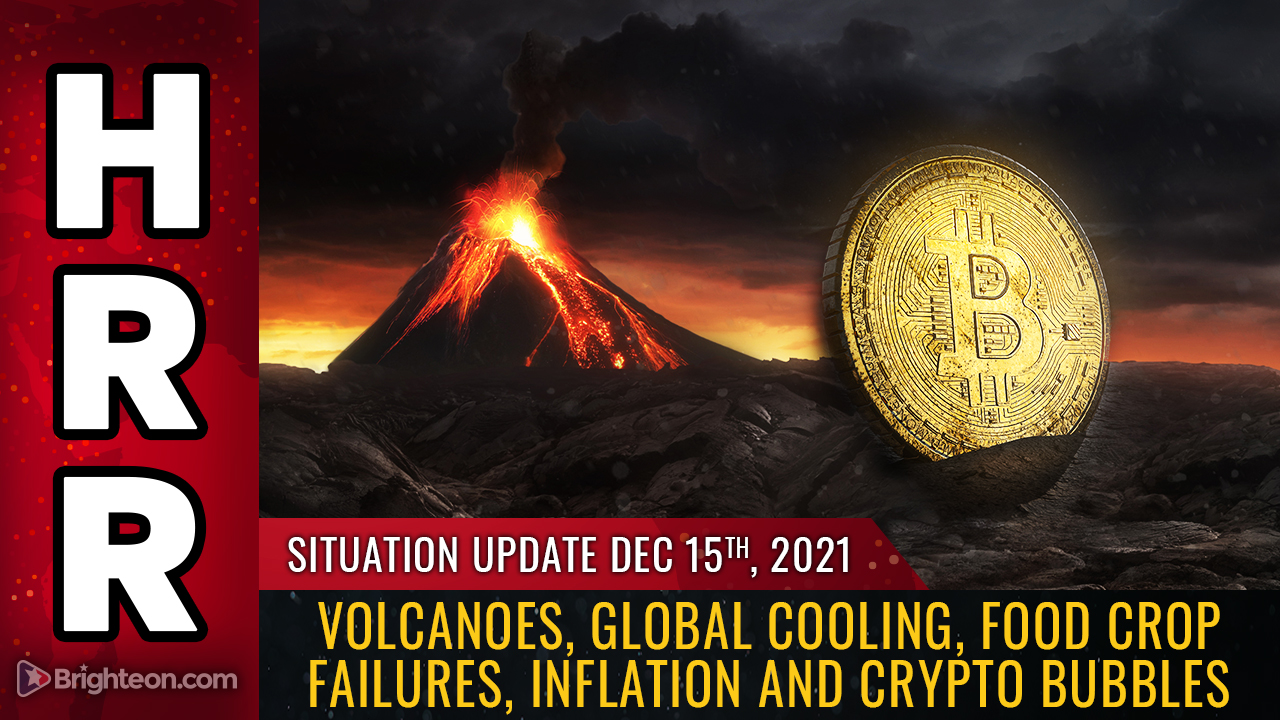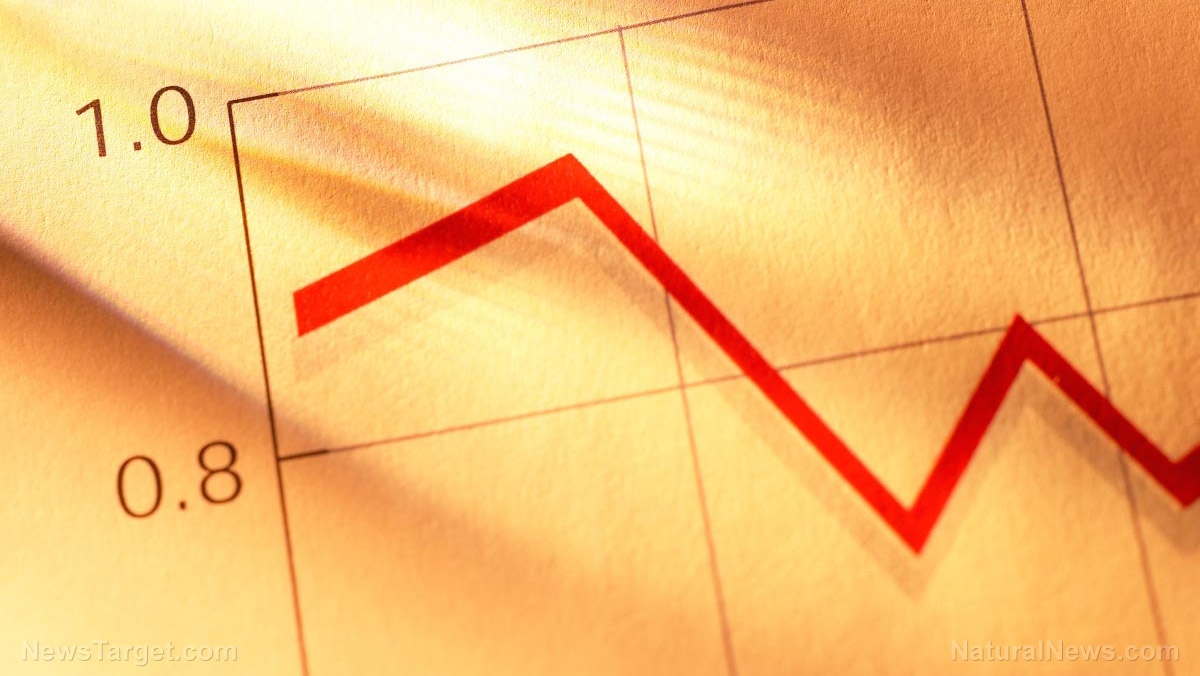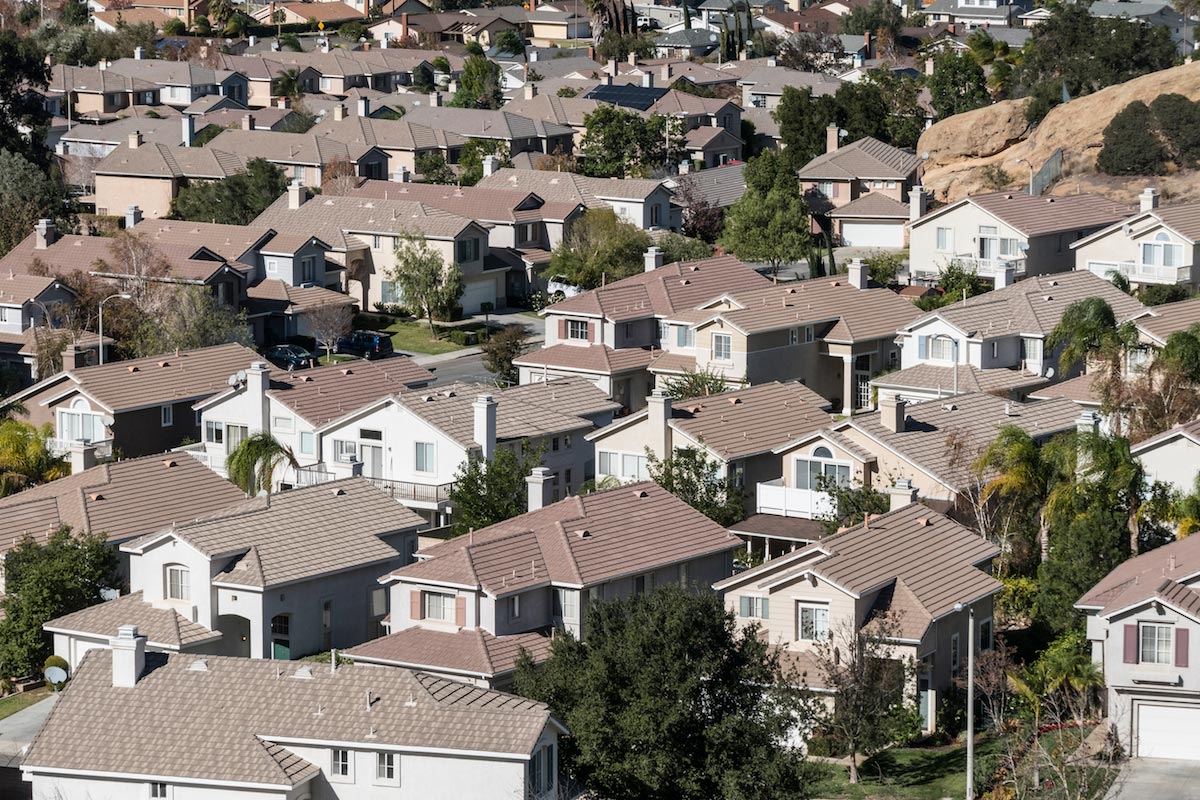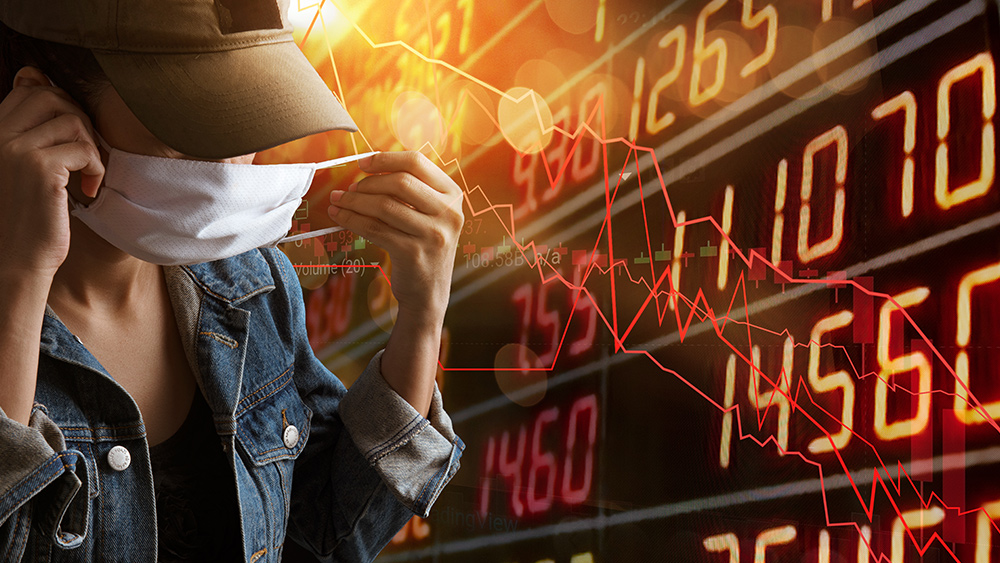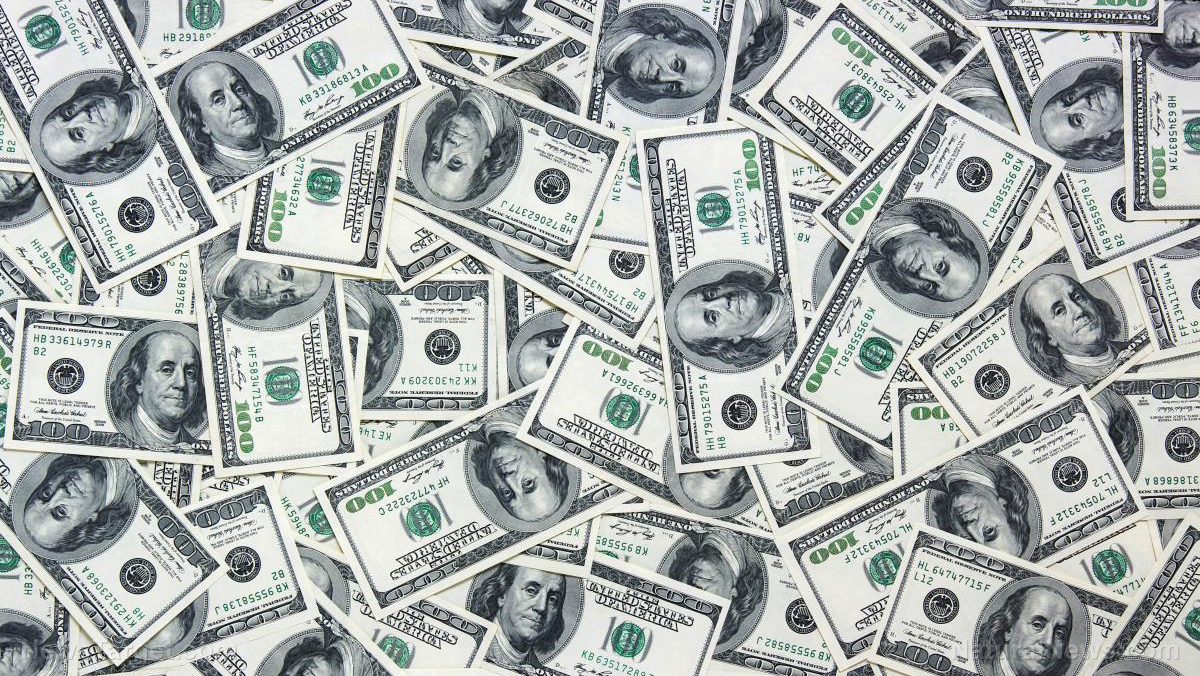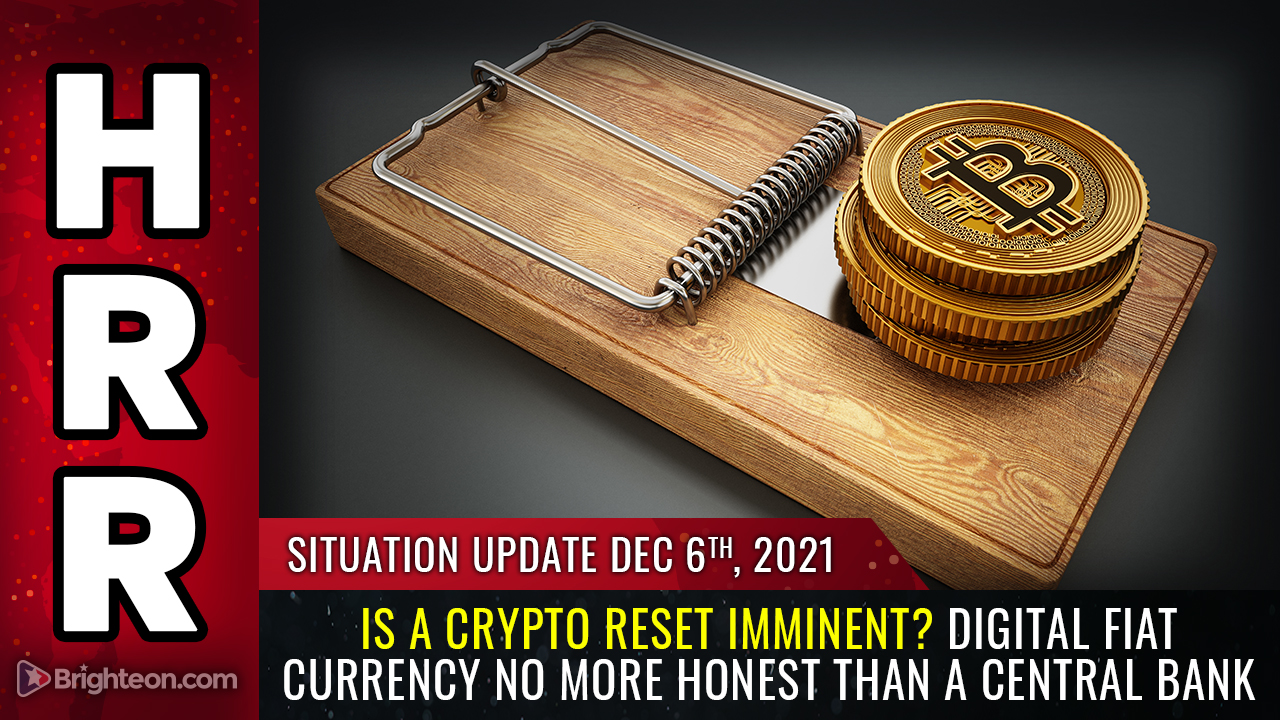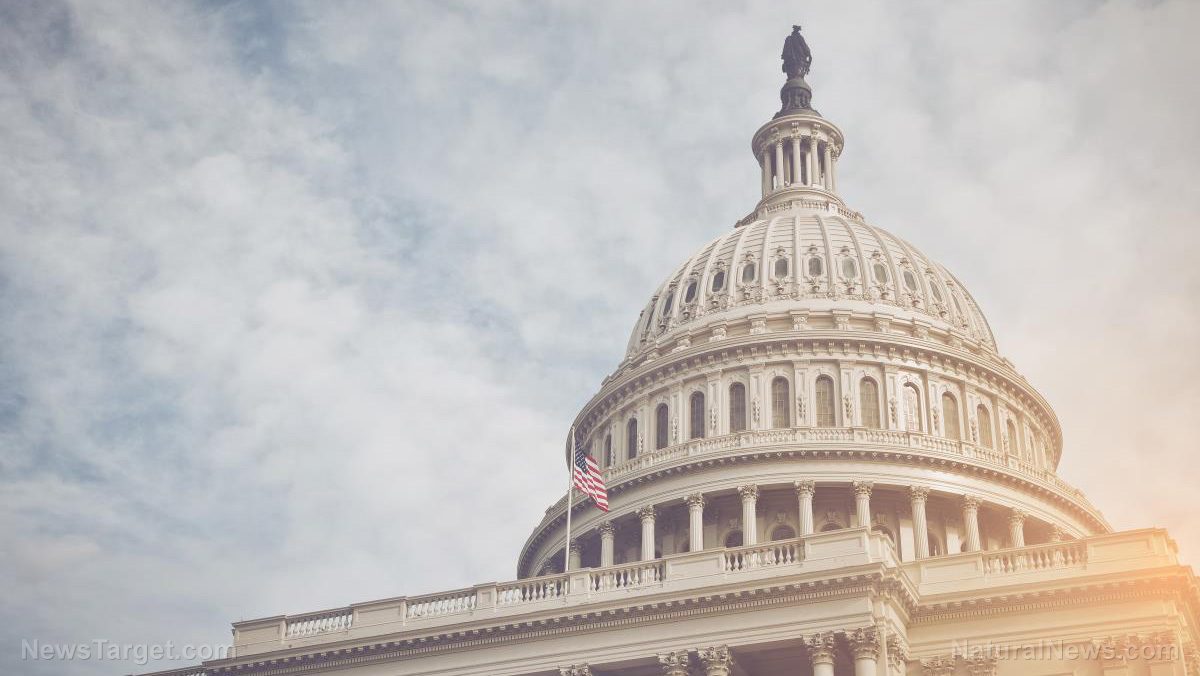Americans are hoarding cash in record numbers, but inflation is causing the value of savings to drop
12/08/2021 / By Cassie B.

Americans have been increasingly hoarding cash due to economic uncertainty spurred by the COVID-19 pandemic, and experts are warning that the value of these savings are diminishing thanks to rising inflation.
The funds that many people have amassed in savings throughout the pandemic are significantly more than the three to six months of emergency savings that are typically recommended by financial advisors. In total, the Federal Reserve Bank of New York reports that Americans have saved up $1.6 trillion dollars in “excess savings” as a result of the pandemic, which is defined as being resources they would not have been able to save before the pandemic.
The Wall Street Journal reports that saving rates have now dipped to 2019 levels after four consecutive quarters of seeing record high amounts of savings. However, financial experts predict that there will be more cash stockpiling in the immediate future in light of concerns about the effects that the omicron variant could have on the economy.
The situation is being compounded by the fact that annual inflation rates in the country have been rising steadily since January, jumping from 1.4 percent at the beginning of the year to 5 percent in August and hitting 6.1 percent in October, which is the highest level seen since 1990.
Although saving money seems like a wise move in the wake of uncertainty and potential economic chaos, some economists say that hoarding savings could damage a person’s long-term finances if inflation keeps rising. This, in turn, could cause significant issues for the economy as consumer spending makes up two thirds of gross domestic product.
For many Americans, the savings efforts began when they received three rounds of stimulus checks from the government. Many people found themselves stuck at home during much of the pandemic, which naturally meant spending less and finding new ways to save money by doing things on their own. Now, with the omicron variant making headlines and reminding everyone that the pandemic is far from over, savings hoarding is likely to continue.
Differing views on the wisdom of hoarding savings
Right now, the U.S. is seeing the highest personal savings rate on record since World War II, with a healthy labor market and rising income also playing a role.
AIM Advisors partner and investment advisor Nina O’Neal said: “We see a lot of folks sitting on an incredibly high savings amount, and it’s really just a fear factor.”
“In 2021, they kind of felt like, ‘Things were getting better. We’re going to get better from the pandemic,’ and they did, but also, they didn’t. It is sort of like the same sideways winding road from last year, and so I think people started to spend a little bit more but they continue to hold that cash.”
While some experts say that hoarding savings can be disadvantageous because money that is in the bank loses value during inflation, the upside is that cash provides people flexibility and is far easier to access during a personal financial crisis or a natural disaster. Some financial advisors are telling clients to split their funds, keeping some of it liquid in the form of cash and investing another portion in the stock market and other investments.
Although the overall U.S. savings rate is high, it is important to note that there is a deep inequality when it comes to who is saving money, with poorer Americans still spending nearly as much of their cash as they did before the pandemic – a situation that is unlikely to change any time soon as inflation continues to push the prices of many everyday goods, foods, rent and other necessities increasingly higher.
Sources for this article include:
Tagged Under: Bubble, cash, chaos, Collapse, consumer spending, debt collapse, economy, Federal Reserve, finances, hoarding, Inflation, money supply, pandemic, risk, savings
Get independent news alerts on natural cures, food lab tests, cannabis medicine, science, robotics, drones, privacy and more from NewsTarget.com
Get independent news alerts on natural cures, food lab tests, cannabis medicine, science, robotics, drones, privacy and more from NewsTarget.com
RECENT NEWS & ARTICLES
COPYRIGHT © 2017 DEBT COLLAPSE NEWS



